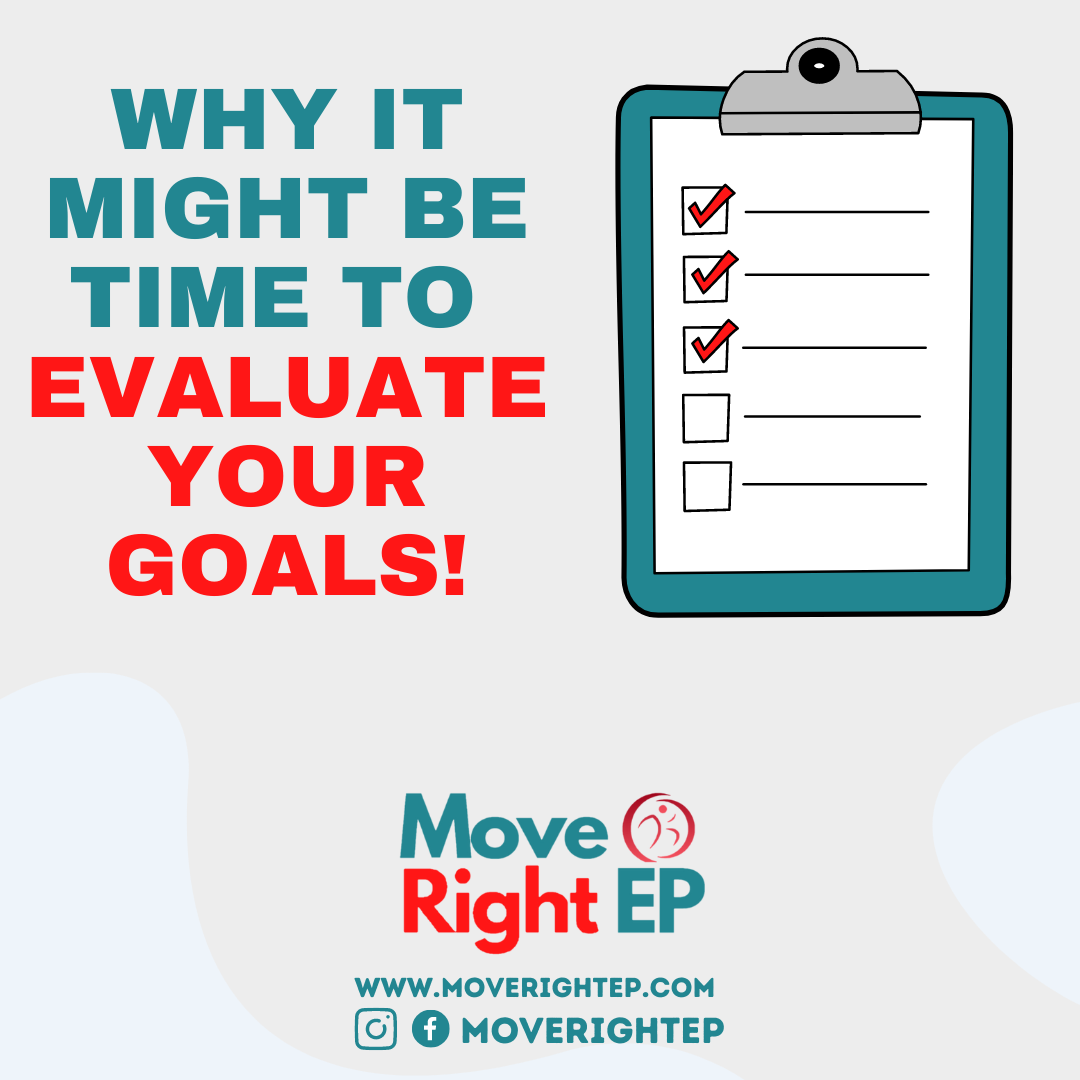
With Christmas and the new year fast approaching many of our goals we set for ourselves may need to be re-evaluated.
Evaluating your goals could be a useful tool for you to achieve your goals within any aspect of your life.
Do you evaluate or self-reflect?
For me, I will often set goals for the year in late December / early January. These goals range from physical to financial to business to relationships and other categories. Now within these goals I set I will have times when I re-evaluate roughly every 4-6 months.
Why do I do this you ask?
This allows me to ensure I’m on track to being successful. Let’s say I set a goal of earning 1 million dollars in revenue in the stock market.
If I got to the end of the year with no evaluation e.g., checking my stocks, how they have fluctuated the right time to sell or buy others I might end up surprised at the end of the year that I haven’t made a million dollars.
I may even feel like a failure with my goals and become demotivated for the following years.
Now using the same example what If I placed in some evaluation points for my goals? Maybe four months into my yearly goal I would realise my stocks have increased 10x fold and now is a perfect time to sell, now I can invest and diversify to give me a better chance of creating wealth.
Another option is changing your game plan all together, maybe you’ll realise this isn’t the right strategy and there’s a better suit for you. Now how much more likely are you to be successful?
This is the power of self-reflection.
So, what fitness goals do you have?
Maybe you don’t know where to start? Follow my checklist for goal setting.
1) Set 1-3 goals.
- Check out my previous blog on how to set goals HERE. This will help give you an idea of how to set a decent goal.
- Typically, if you set over 3 goals, you’ll likely succeed in them. Keep the number of goals you set to a minimum so you can focus your attention towards them.
2) Develop your plan of how to actually achieve this goal.
- You might break this down in a few ways such as the monthly targets, the weekly targets and even the daily targets.
3) Identify your barriers to you reaching your goal.
- This may be your road blocks, bad habits you get into, things that can be destructive towards your goals such as negative talk from family or friends and so on.
- Once you identify these you can work them into your action plan of how to deal with it.
4) Track metrics.
- These metrics will be your objective tools you use to ensure you are on the way to achieving your goals.
- If your goal is to improve your sleep quality you may download an app such as ‘Sleep Cycle’ That can track and measure the amount and quality of your sleep
- If your goal is to improve the quality of foods you eat, you may download My Fitness Pal and track your calories or use graphs from Precision Nutrition to enable you to get an idea of healthy portion sizes.
5) Schedule your evaluation!
- This may look like blocking off a day to assess your goals, look at what is and what isn’t working and what needs to change.
- This evaluation should roughly be done at quarterly intervals of the end point of your goal for example if you have a year, do it quarterly. If you have 6 months, do it every 1.5-2 months.
- Use your metrics! These are your objective measures about how you went with your goal. It is useful to also rely on subjective metrics such as how you are feeling, your energy levels, how difficult you rated your journey towards the goal so far and so on.
Noticed how I haven’t talked about motivation around your goals?
In my experience motivation is a fleeting emotion, people often wait for times to be motivated to take action. This isn’t wise.
In fact, this can be counterproductive to you achieving your set tasks. Motivation is known as a desire to do something. The level of your desire may depend on how well you slept last night, what foods you ate, how your day at work was, how stressful life events around you are, if you had a social event and got drunk e.t.c.
Don’t rely on motivation, focus on the small actionable steps you can take that you developed in section 2 of our goal setting checklist. Plan for motivation to dip in section 3 and adjust accordingly.
An example of this would be if you have a goal of changing your body composition a specific way to gain more muscle. You know mid-week you struggle with cooking and are more likely to go and buy takeaway (something that may be harmful for your goal). If you identify this early in the road blocks section, you might instead plan ahead and have some ready-made meals (meal prep) and then the temptation decreases even when your motivation is low to cook and be healthy. You’ll be more likely to stick to the plan because it’s already done!
What goals do you have?
Do you have your own formula or will you utilize the one I wrote about above?
I’d love to hear from you!
Reach us at @ [email protected].
We look forward to hearing about your success!



